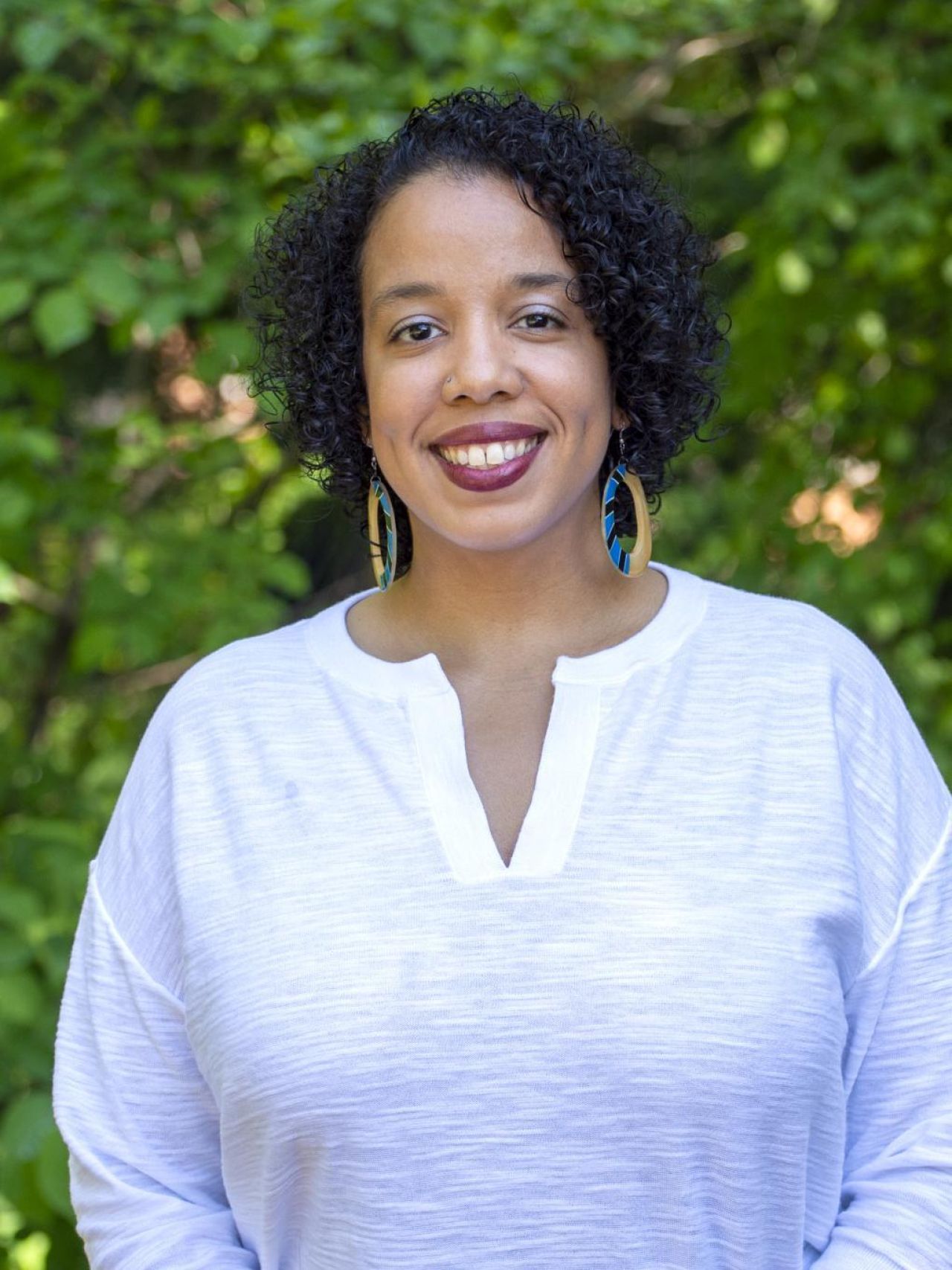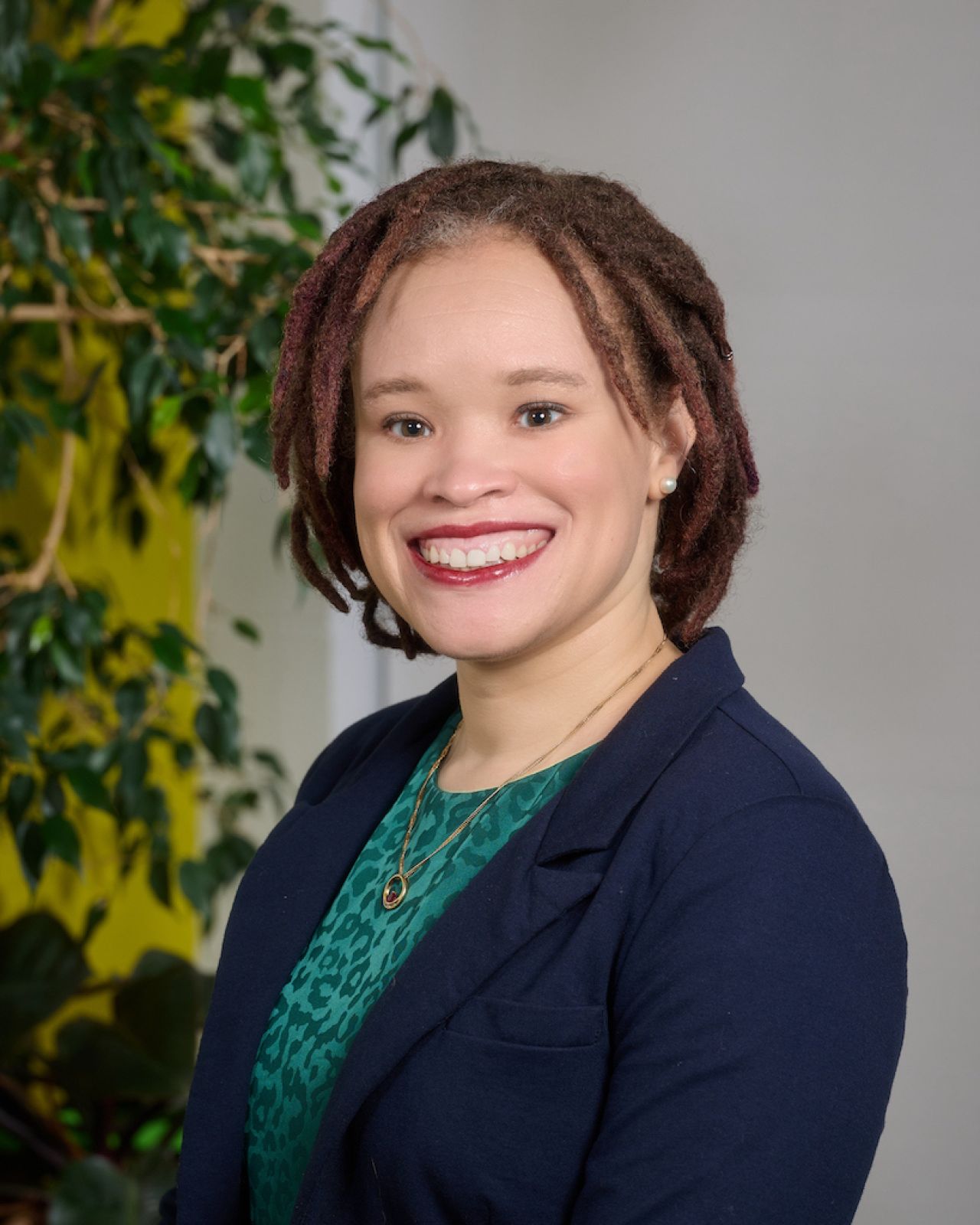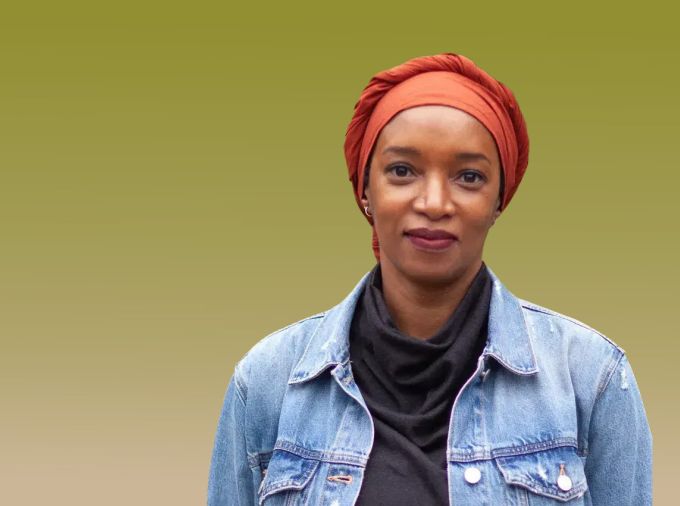The CSHE and the BSIEL presents Black Research Approaches: Methodological Ethics, part of the 2023-2024 Black Study in Education Lab Webinar Series.
This webinar focuses on methodological ethics in research processes as an artifact of Western beliefs and systems of thinking. The speakers will critique these beliefs toward a critical, more expansive rendering of methodological ethics.
Featured speaker Dr. Mildred Boveda, Pennsylvania State University Associate Professor of Special Education, will present “Mami-Informed Onto-Epistemology: A Black Feminist Call to Know What You Know.” In her scholarship, Dr. Boveda applies the term “intersectional consciousness” to describe educators’ understanding of diversity and how students, families, and colleagues have multiple sociocultural markers that intersect in nuanced and unique ways. Drawing from Black feminist theory and collaborative teacher education research, she interrogates how differences are framed across education communities to influence education policy and practice. Boveda makes explicit how her mother’s stories about the Dominican Republic and life in the 20th century continue to shape her academic and professional trajectory. Dr. Kamaria Porter, Assistant Professor of Education Policy Studies at The Pennsylvania State University and CSHE Faculty Research Associate, will serve as discussant, drawing on her intersectional research examining gender and racial inequities in higher education.
Recorded Webinar
Featured Speaker
Dr. Mildred Boveda

Mildred Boveda is an Associate Professor of Special Education at Pennsylvania University. In her scholarship, she uses the term “intersectional consciousness” to describe educators’ understanding of diversity and how students, families, and colleagues have multiple sociocultural markers that intersect in nuanced and unique ways. Drawing from Black feminist theory and collaborative teacher education research, she interrogates how differences are framed across education communities to influence education policy and practice. Boveda makes explicit how her mother’s stories about the Dominican Republic and life in the 20th century continue to shape her academic and professional trajectory.
Discussant
Dr. Kamaria Porter

Assistant Professor of Education Policy Studies at The Pennsylvania State University. Dr. Porter received her doctorate in Higher Education from the University of Michigan. Porter’s research examines gender and racial inequities in higher education, particularly university response to sexual assault, graduate education, and faculty experiences. At Michigan, Porter was the Lab Manager for the University Responses to Sexual Assault (URSA) Project. The URSA Project is based on an in-depth policy analysis of 381 university sexual misconduct policies. Before graduate school, she worked as a community organizer in Chicago, focusing on expanding health care access and affordable housing. While earning her Masters in Higher Education at Loyola University Chicago, she trained to be a rape survivor crisis counselor, assisting survivors and their families in ERs as they navigated complex medical and legal decisions. Dr. Porter teaches courses at Penn State University on Critical Issues in Higher Education, Organizational Theory, and Qualitative Methods in Education.





